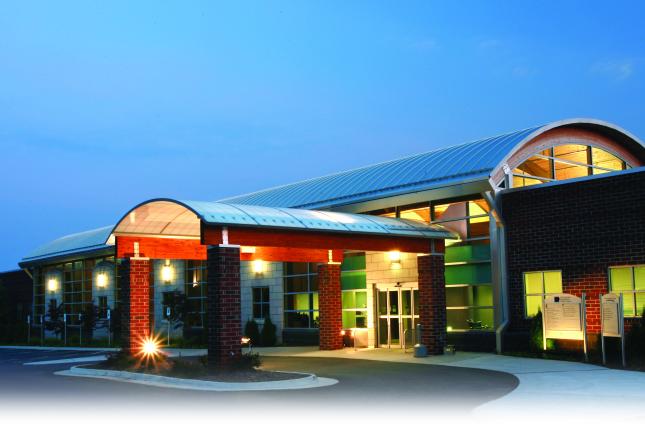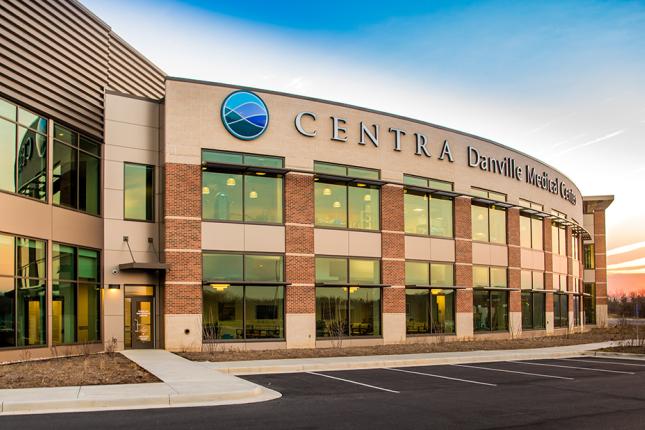Our approach to care
If your doctor suspects you have a heart or vascular problem, cardiac catherization can help us confirm it. We diagnose common and complex conditions, including:
- Aortic stenosis
- Atrial septal defect
- Cardiogenic shock
- Carotid artery disease
- Carotid artery stenosis
- Coronary artery disease (CAD)
- Chronic total occlusion (CTO)
- Deep vein thrombosis (DVT)
- Heart attack
- Heart failure
- Mitral valve leakage
- Patent foramen ovale (PFO)
- Pericardiocentesis
- Peripheral artery disease (PAD)
Expert heart attack treatment
Cardiac catherization can also save lives during a major heart attack.
Our team’s ability to treat the most serious heart attacks swiftly and successfully using interventional procedures ranks among the nation’s best. That’s because our average “door-to-balloon time” — the amount of time between a heart attack patient’s arrival in the emergency room and the moment their blocked artery is reopened — is 35 minutes. In comparison, the national average is 59 minutes.
In many cases, after we locate a heart problem, we also use cardiac catheterization to treat it. Interventional procedures can help:
- Improve blood flow to your heart. We might use a rotating device to clear plaque build-up in the coronary arteries, or repair a faulty valve.
- Reopen blocked blood vessels using special balloons or tiny tubes called stents. For example, we can open the carotid arteries (the main blood vessels that lead to the brain) to reduce the risk of stroke.
- Repair a damaged heart valve, or replace it with an artificial one.
- Repair structural problems caused by congenital heart disease.
- Reduce pain and improve mobility by reopening blocked arteries in the legs.
- Lower your risk of life-threatening conditions. When left untreated, clogged arteries, damaged valves and other problems can lead to heart attack, heart failure or stroke.
How cardiac catheterization works
Our interventional cardiologists can reach your heart by guiding catheters (hollow, flexible tubes) through your blood vessels. This process is often called cardiac catheterization.
With cardiac catheterization, we can find blocked arteries or other conditions without opening your chest. We can also fix heart problems by passing tiny tools or devices, such as balloons or stents, through the catheter.
Compared to traditional surgery, most people recover from an interventional procedure more quickly and with less pain. That’s because we don’t need to cut through skin, muscle or other tissue.
Depending on the type of procedure you have — and the reason you need it — you may be able to go home the same day or next day.
Additional tests and treatments
- Atherectomy
- Balloon angioplasty
- Cardiac catheterization
- CardioMEMS device placement
- Carotid angioplasty and stenting
- Coronary angiogram
- Extracorporeal membrane oxygenation (ECMO)
- Fractional flow reserve measurement
- Impella heart pump implantation
- Inferior vena cava (IVC) filter placement
- Intravascular ultrasound
- Left atrial appendage closure
- Mesenteric (intestinal) artery stenting
- Percutaneous balloon valvuloplasty
- Percutaneous coronary interventions (PCI)
- Peripheral artery angiogram
- Peripheral artery stenting
- Radial artery catheterization
- Renal (kidney) artery stenting
- Right heart catheterization
- Stent placement
- Transcatheter aortic valve replacement (TAVR)
- Transcatheter mitral valve repair (TMVR)
- Venous angiogram
A team approach
Because Centra offers the full range of cardiovascular services, you have access to complete care — no matter what your condition. For example, if your interventional cardiologist diagnoses a problem that needs surgery, we have heart surgeons and vascular surgeons who can help.







